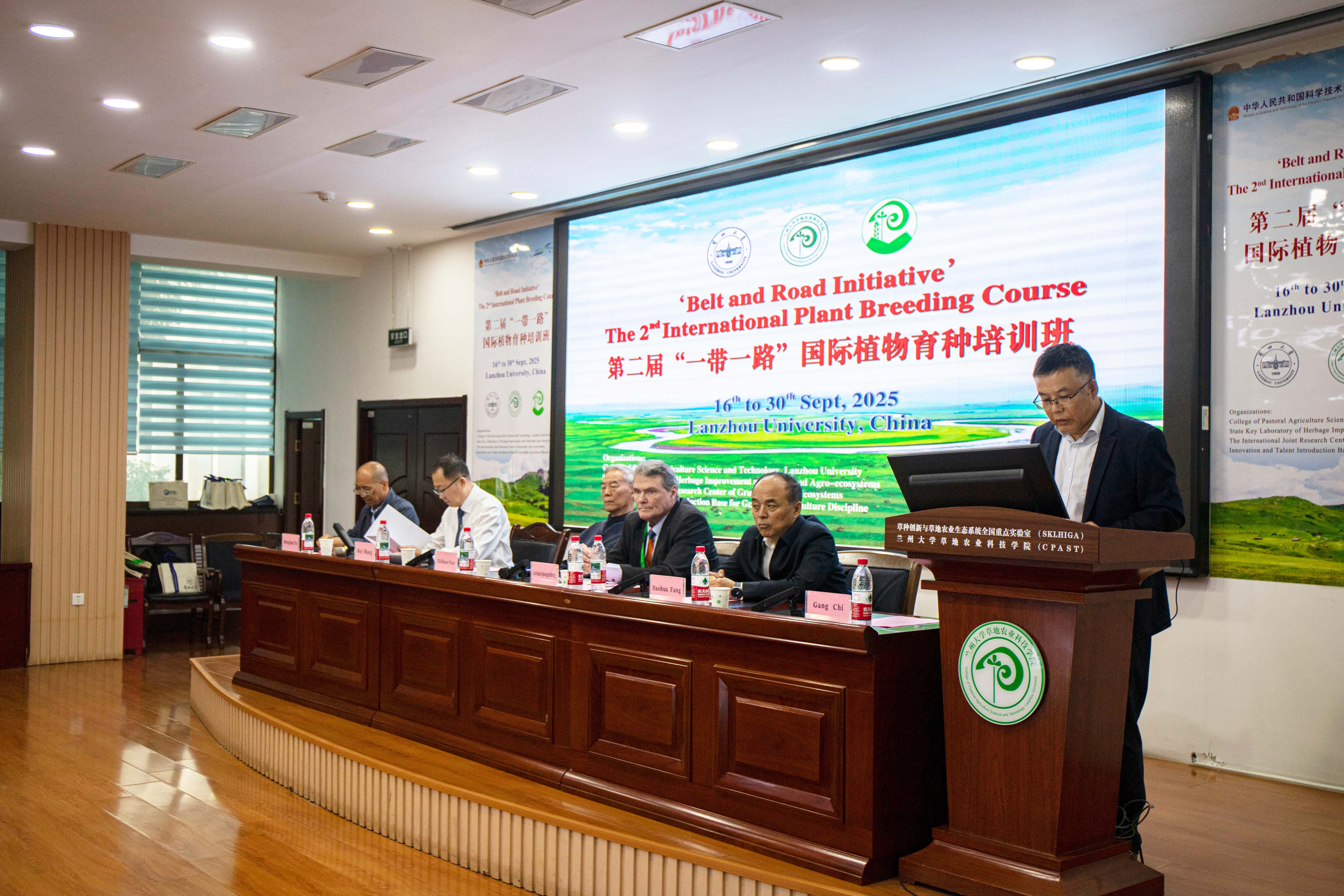Associate Professor Chen Jianlin of School of Foreign Languages and Literatures of LZU published an online paper How do L3 words find conceptual parasitic hosts in typologically distant L1 or L2? Evidence from a cross-linguistic priming effect as an independent author in SSCI, A&HCI and ESI-indexed journal International Journal of Bilingual Education and Bilingualism on Feb. 16th. At the same month, Prof. Liu Hong of the same school published an online paper named A socio-cognitive approach to code-switching: from the perspective of a dynamic usage-based account of language as the independent author on International Journal of Bilingual Education and Bilingualism, and it was distributed by Taylor & Francis Group. According to Clarivate's Journal Citation Reports in 2017, the impact factor of this journal is 1.373, ranking in top 20% among over 180 journals in SSCI linguistic section.
The abstract of Prof. Chen Jianlin's paper is as follows:
The parasitic model proposes that novel words in L3 learning will build parasitic connections to already learned words that share orthographic or phonological similarities. This accounts for little in terms of the connections between words that share very few similarities. The present study explored the parasitic connections of L3 word concepts to learned typologically distant languages. Tibetan L1 learners of English L3 with different levels of L2 Chinese proficiency from a Chinese Tibetan middle school participated in a series of experiments based on a cross-linguistic repetition priming paradigm to investigate the L3 word concept connections to the two learned languages. The results showed that the L3 words took the nearest translation equivalents in L2 words as the first and sole parasitic hosts when the L2 was at a high proficiency level, but when the L2 was at a low proficiency level, both L1 and L2 were selected.
The abstract of Prof. Liu Hong's paper is as follows:
This study addresses the social-cognitive interactions that occur in code-switchingand integrates social and cognitive factors from a usage-based perspective. It investigates code-switching in two different interaction modes – speech and writing – to consider not only the influence of social factors (social networks and attitudes) but also the relative cognitive processing load. The data were gathered from 40 Chinese-English bilinguals in London, derived from interviews and written data on their most active social media site, SinaWeibo. Their socio-biographical data were collected via a questionnaire. A multivariate analysis shows that, rather than there being a simple dominance of either the social or the cognitive factors, there is an interplay between the two. A speaker’s code-switching corresponds to his/her previous exposure through social networks, but personal attitudes, e.g. a positive view of English, can override network-based predictions of use. Crucially, however, we only see attitudes exerting this significant effect within the domain of contexts with low cognitive processing demand (e.g. asynchronous writing). The findings of this study show that personal preference can indeed override language usage in interactive networks, but such effect is constrained by individual differences incognitive capacities of processing, which in turn relates back to the frequency ofusage which automatizes processing.
(Translated by Zhang Yina; proofread by Li Xingyi)




